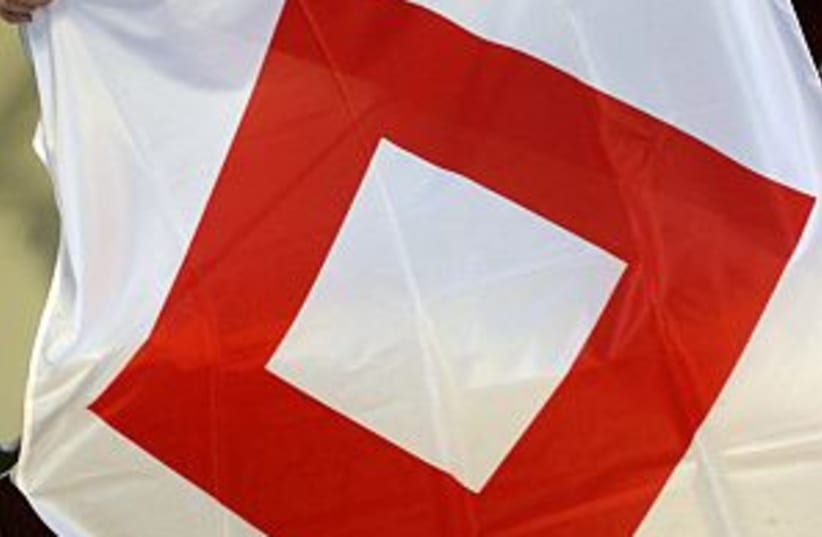| More about: | International Red Cross and Red Crescent Movement, American Red Cross, Silvan Shalom, Golan Heights |
Red Cross accepts new emblem
Delegates accept new Red Crystal emblem, paving way for Israel to join.


| More about: | International Red Cross and Red Crescent Movement, American Red Cross, Silvan Shalom, Golan Heights |